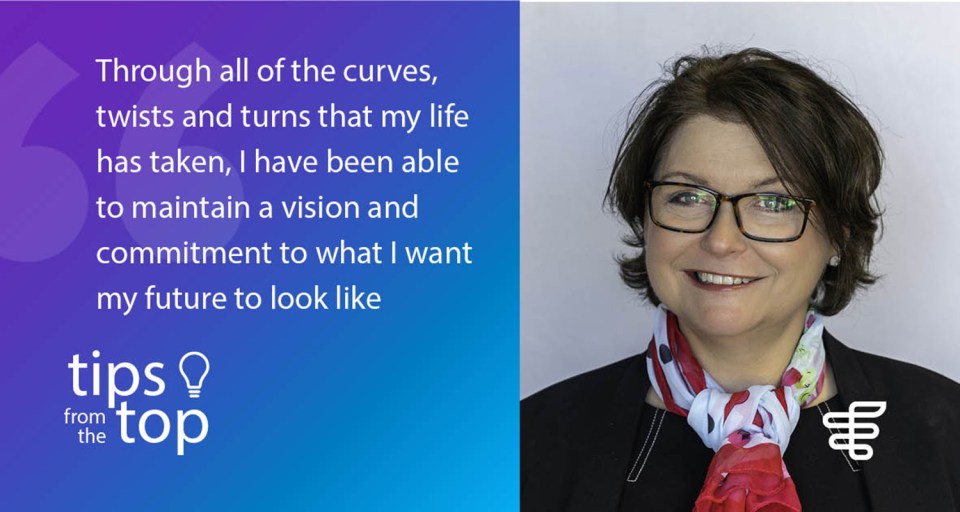When you think of a hospice care team, there is one member who may not initially come to mind – the pharmacist. Pharmacists have recently become widely recognized as an integral part of a patient’s end-of-life care team, and for good reason.
Pharmacists play a critical role in hospice care by addressing complex symptoms, monitoring for possible drug interactions and avoiding overutilization of medications. Through collaboration with hospice clinicians, pharmacists can help ensure each patient receives a quality end-of-life experience.
“Working in hospice, I’m able to make an impact and be clinically involved in patient care,” said Ly Dang, vice president of pharmacy operations at Encompass Health – Home Health & Hospice.
“My main goals are to provide pharmacy oversight to all of our hospice branches and provide education regarding pharmacy-related issues like regulatory changes, medication updates or drug shortages.”
As part of the hospice benefit, hospice agencies are responsible for providing all medications related to a patient’s terminal illness or any related conditions. This includes medications that give patients comfort and palliative care, or that contribute to the decline of the terminal prognosis.
“In most healthcare settings, the goal is to treat the patient and make them better, and the medications prescribed reflect that,” said Dang. “In hospice, our goal is to ensure patients are on medications that give them a higher quality of life and help them live symptom free for as long as possible.”
Dang works closely with the hospice clinical team to evaluate medication utilization and avoid duplicate medication therapy – which is common among many hospice patients. Estimates show that hospice patients are prescribed an average of 15 medications.
“This is often a result of patients going in and out of various care settings and being treated by multiple physicians,” said Dang. “It’s common for our hospice team to identify that a patient is taking multiple prescriptions that are targeting the same problem.”
As a result, Dang works with hospice clinicians and the physician team to help determine which medications are medically necessary at the end of life and find the most effective options for the patient.
Encompass Health also utilizes an electronic service that allows clinicians to send medication orders through their mobile devices, which are also used to document patient care in real time. This allows clinicians to spend less time on hold with the pharmacy and more time focusing on providing quality patient care and family support.
“I enjoy helping our clinicians, whether it’s answering questions about a certain medication or even talking through what next steps should be for a specific patient,” said Dang. “By serving as a pharmacy resource to our branches, I’m able to help them focus on their role as a caregiver.”
“After 14 years in hospice, I wish I would have realized how many opportunities there are as a pharmacist,” said Dang. “It’s great to see pharmacists becoming more widely recognized as part of a patient’s care team, because we are trained to be clinical. We have clinical expertise that can have a significant impact on the patients we serve.”
The content of this site is for informational purposes only and should not be taken as professional medical advice. Always seek the advice of your physician or other qualified healthcare provider with any questions you may have regarding any medical conditions or treatments.



